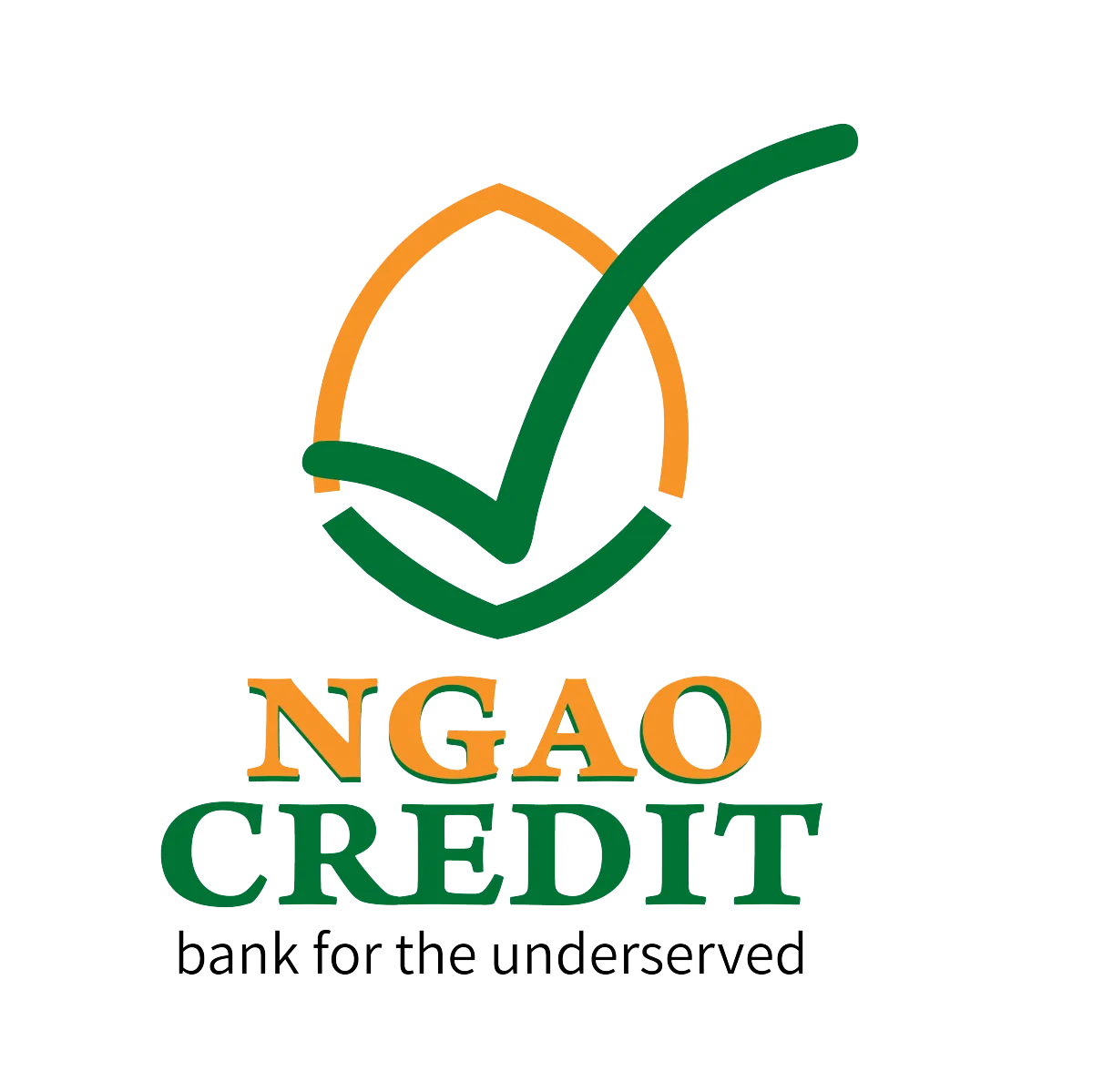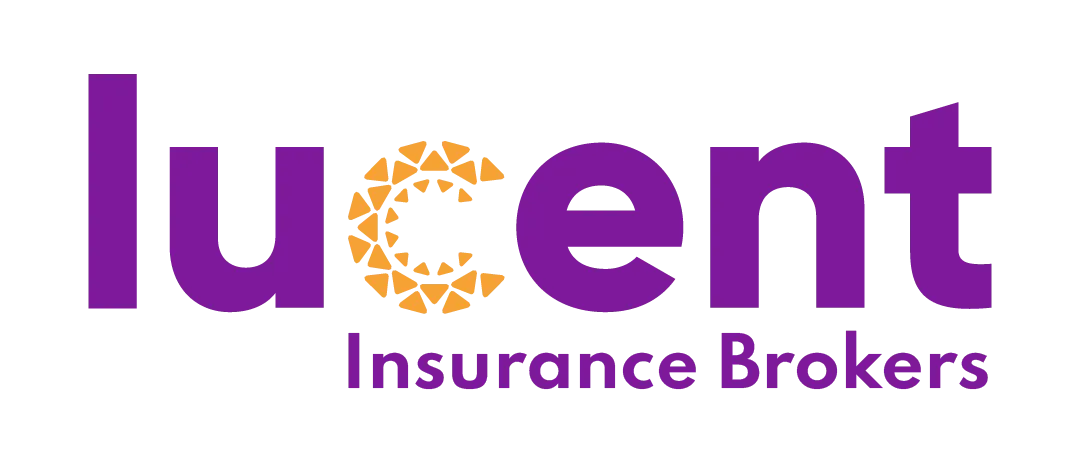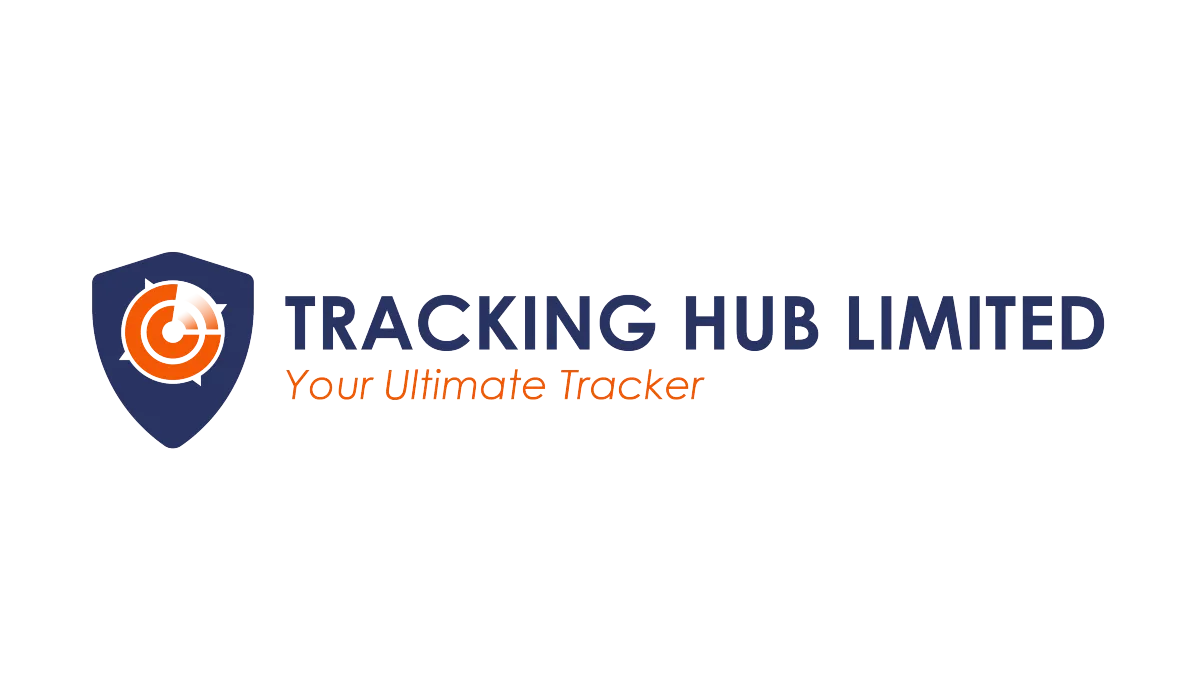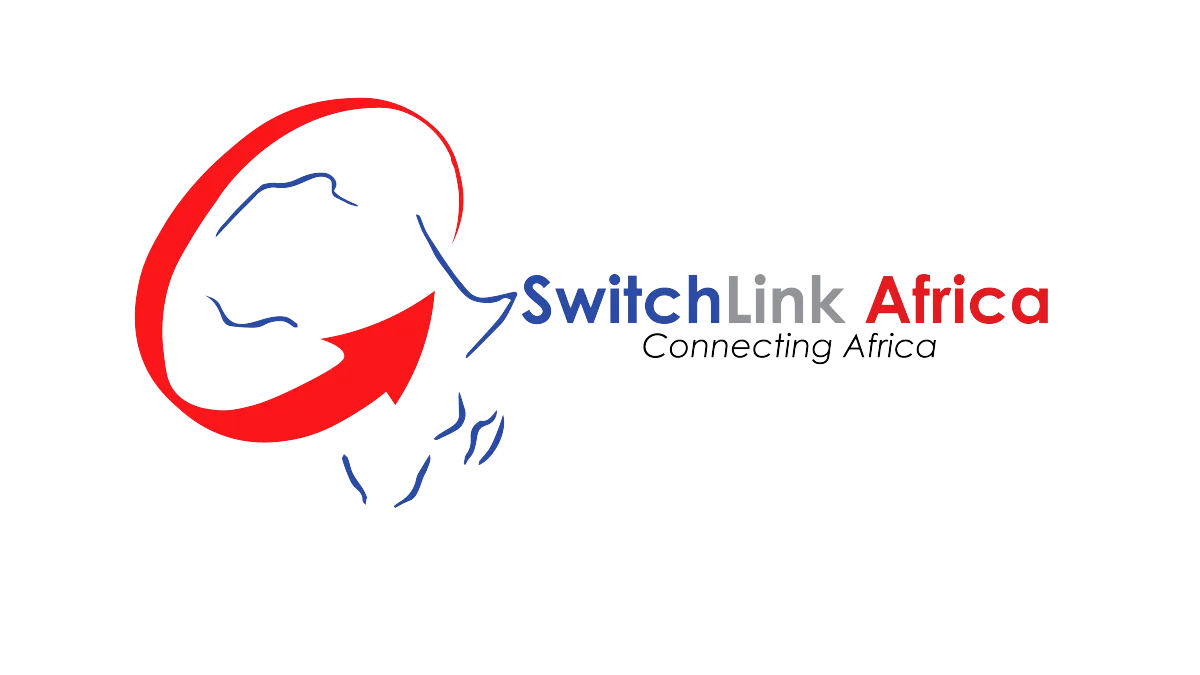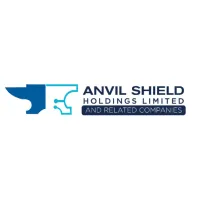Contact Us
Creating a borderless world of finanical services: your one-stop shop for financial solutions
Ensuring inclusion and growth by bridging financial & Tech gaps for Micro, Small & Medium Enterprises (MSMEs).
What we offer:
We provide a comprehensive suite of services — from financial solutions, insurance, and payment systems to money transfers, tracking & logistics monitoring — all seamlessly integrated and secured with blockchain technology. With Bitcoin and other digital assets at the core, we’re reshaping how Africa transacts, insures, and moves value across borders.

Money Lending
Financial empowerment for you and your business through quick secured loans.

Tracking & Logistics
keep track of all your assets and your
e-commerce business.

Payment Platform
Enjoy seamless payment solutions and pay suppliers on time anytime anywhere.

Remittance
Send money internationally to facilitate trade

Insurance
Secure and protect yourself, your family, and your business.

Digital Investment
invest in digitised assets such as Real Estate, Bonds, and Gold within the digital economy.

Our story
Anvil Shield Holdings Ltd story begins in 2009. When access to finances or capital for small businesses and solopreneurs in Kenya was a backbreaking affair.
To fill this gap Ngao Credit Limited was born to provide financial empowerment to the underserved. We made it possible for small businesses to access quick secured loans to expand and keep operations running.
Grow with Us
In line with the dream of offering financial empowerment, we have grown to include 4 other subsidiaries: Upesi Money Transfer, Alphabloq, Lucent Insurance, Tracking Hub Ltd, and Switchlink Africa.

Understanding Business Loans in Kenya: An Overview
For many business owners and small and medium-sized businesses (SMEs) in Kenya, access to financing is a key factor in growth and sustainability. Business loans can offer a financial boost when needed, whether for expanding your business, purchasing inventory, or managing cash flow.
Businesses can access a range of loan options. This article provides an overview of common business loans in Kenya.
In quarter 4 of 2023, business loans constituted 33.35% of the total loan balance, making them the largest category. This emphasizes the significant demand for business financing.
Most common business loans in Kenya
Kenyan businesses and entrepreneurs can access various types of business loans based on their needs. The most common include:
Term Loans
This is a fixed amount borrowed and repaid over a set period and is suitable for long-term investments such as business expansion, buying equipment, or infrastructure development. These loans usually have structured repayment plans with fixed interest rates.
Term loans are great for big, one-time purchases or long-term projects where you know the exact amount you need upfront.
Lines of Credit
This is a flexible option that allows businesses to borrow as needed within a given limit. It is particularly useful for managing cash flow challenges, handling unexpected expenses, or seizing short-term business opportunities.
Think of this like a credit card for your business but with a higher limit. A bank or microfinance gives you the maximum amount you can borrow. You can withdraw money as you need it, and you only pay interest on the amount you've borrowed.
Lines of credit are revolving, meaning you can borrow, repay, and borrow again up to your credit limit throughout the agreed-upon term. This makes them very flexible.
Invoice Financing
Let's say you have sold goods to a customer who hasn't paid yet. Invoice financing lets you borrow money against those unpaid invoices. The lender gives you a percentage of the invoice value upfront, and when your customer pays, you repay the lender plus a fee.
This allows you to get cash quickly instead of waiting for customer payments, which is a good option for businesses with long payment cycles.
Asset Financing
This type of loan is specifically for buying assets, equipment or machinery. The item you're buying (the asset) acts as the collateral for the loan. For example, if you need a new vehicle for your transport business, you can get asset financing. If you can't repay the loan, the lender can take the vehicle.
Overdrafts
An overdraft is like a short-term extension of your bank account. It allows you to withdraw more money than you actually have in your business account, up to a certain limit. It's useful for covering unexpected emergencies or urgent expenses. However, overdrafts typically have high interest rates, so they are best used for short periods.
These are generally unsecured, though some banks might require a personal guarantee for larger overdraft facilities.
Local Purchase Order
This is a specialized form of secured financing where a business uses a confirmed Local Purchase Order (LPO) as collateral. The LPO guarantees future payment for goods or services, and lenders advance funds based on the value of the LPO. This helps businesses fulfill large orders without waiting for upfront payment from the client.
Choosing the right business loan is a crucial decision for any SME or MSME. Before you jump in, it's essential to carefully consider several key factors to ensure the loan aligns with your business goals and financial capacity.

A report by FSD Kenya highlights the significant finance gap for MSMEs in Kenya, estimated at USD 19.3 billion for micro-enterprises and USD 1.08 billion for SMEs. This underscores the unmet demand for business financing.
What To Consider When Taking A Business Loan
Interest Rates
This is the cost of borrowing money. Pay close attention to whether the interest rate is fixed (stays the same throughout the loan term) or variable (fluctuates with market conditions). A fixed-rate provides predictable repayments, while a variable rate can be cheaper initially but carries the risk of increasing costs later. Comparing interest rates from different lenders is essential to minimize your overall loan expenses.
Loan Terms
This refers to the length of time you have to repay the loan and the flexibility offered. A shorter repayment period means higher monthly payments but lower total interest paid. A longer repayment period lowers monthly payments but increases the total interest.
Consider your business's cash flow and projected revenue to determine a repayment schedule you can comfortably manage. Also, inquire about any prepayment penalties or options for early repayment, which can offer flexibility.
Eligibility Criteria
Lenders have specific requirements that businesses must meet to qualify for a loan. These criteria often include factors like your business's age, revenue, credit score, and financial health (profitability, cash flow).
Before applying, carefully review the eligibility criteria to ensure you have a strong chance of approval. A good credit history and solid financials are important.
Fees and Costs
Beyond the interest rate, there can be other costs associated with a business loan. These might include application fees, processing fees, legal fees, valuation fees (for secured loans), and late payment penalties.
Be sure to factor in all these costs when comparing loan offers to get a true picture of the total cost of borrowing.
Repayment Schedule
The repayment schedule outlines how and when you will make payments on your loan. It is crucial to ensure the repayment plan aligns with your business's cash flow. If your revenue is seasonal, for example, you might want a repayment schedule that accommodates those fluctuations. A mismatch between your cash flow and the repayment schedule can lead to financial strain and even default.
Where to Get a Business Loan

Securing the right financing is crucial for business growth. In Kenya, businesses and entrepreneurs have several avenues to explore when seeking business loans. These include:
Commercial Banks
Traditional banks are a primary source of business loans, offering a range of products like term loans, lines of credit, and overdrafts. They typically have stricter eligibility criteria, often requiring strong financial statements like profit & loss statements, balance sheets, and a solid business history (often 2+ years of operation).
However, they can offer competitive interest rates for qualifying businesses. Some banks also have specialized loan products for SMEs or MSMEs.
Microfinance Institutions (MFIs)
MFIs focus on providing financial services to smaller businesses and entrepreneurs, particularly those underserved by traditional banks. They often have more flexible lending criteria than banks, making them accessible to businesses with limited credit history.
MFIs offer various loan products, including group loans where a group of businesses co-guarantees each other's loans, microloans which are small loans for micro-enterprises, and asset financing.
Most MFIs opt to offer secure loans such as logbook loans offered by institutions like Ngao Credit Limited
However, interest rates at MFIs can sometimes be higher than those offered by banks due to the higher risk they take on.
SACCOs (Savings and Credit Co-operative Organizations)
SACCOs are member-owned financial cooperatives that offer loans to their members. They can be a good option for businesses that are already members of SACCO or are willing to join.
SACCOs often have close ties to their communities and may offer more personalized service, considering factors beyond just financial statements. Interest rates within SACCOs can be competitive.
Many SACCOs exist to cater to specific industries or communities; you would need to research those relevant to your business.
Online Lenders
The rise of fintech has opened up new avenues for accessing business loans. Online lending platforms offer a streamlined application process often entirely online and faster loan approvals compared to traditional lenders.
They leverage technology to assess creditworthiness, sometimes using alternative data sources and may offer more flexible terms. However, it's important to research and choose reputable online lenders. Some online lenders include Tala, Branch, and M-Pesa-linked loan products like M-shwari.
Government-Sponsored Programs
The Kenyan government has various programs aimed at supporting SMEs and MSMEs, some of which include access to affordable financing. These programs might be sector-specific such as agriculture, and manufacturing, or target particular demographics such as youth and women.
Researching available government initiatives can uncover valuable loan opportunities, often with favorable terms like The Youth Enterprise Development Fund (YEDF).
Development Finance Institutions (DFIs)
DFIs are institutions that provide financing for development projects, often with a focus on specific sectors or social impact. They might offer business loans directly or through partner financial institutions. DFIs often have a mission to promote economic development and may offer longer-term financing options. For example, The Kenya Industrial Estates (KIE) and the Industrial and Commercial Development Corporation (ICDC) are such institutions.
Venture Capital and Angel Investors
For high-growth potential businesses, venture capital (VC) or angel investors can be a source of funding. These investors provide capital in exchange for equity (ownership) in the business. This option is generally more suitable for startups and businesses with strong growth prospects, as investors are looking for a high return on their investment.
How to Apply for a Business Loan

Applying for a business loan involves the following steps:
Research Lenders: Compare banks, microfinance institutions, and digital lenders to find the best terms.
Prepare Documents: Required documents often include:
Business registration certificate
Financial statements
Bank statements
Business plan
Tax compliance certificate
Submit Application: Ensure all required information is accurate to avoid delays.
Loan Assessment: The lender will evaluate your creditworthiness, business performance, and (if applicable) collateral.
Approval and Disbursement: Once approved, funds are disbursed, and repayment begins as per the agreed terms.
Advantages of Getting a Business Loan
Business Expansion and Growth: Loans can provide the necessary capital to expand your business operations, invest in new equipment, hire more staff, or enter new markets. This can lead to increased revenue and profitability.
Improved Cash Flow: A loan can provide a cash flow boost, allowing you to cover short-term expenses, manage seasonal fluctuations in revenue, or invest in inventory.
Funding for Major Purchases: Loans are often used to finance significant purchases, such as equipment, machinery, or commercial real estate. These investments can improve efficiency, productivity, and the overall value of your business.
Opportunity to Invest in New Projects: Loans can provide the capital needed to pursue new business opportunities or projects that might otherwise be out of reach. This can lead to innovation and diversification.
Building Business Credit: Successfully managing and repaying a business loan can help build or improve your business’s credit score, making it easier to secure future financing.
Risks of Getting a Business Loan
Debt Burden and Financial Strain: The biggest risk is taking on more debt than your business can handle. If revenue doesn’t meet projections, you may struggle to make loan repayments, leading to financial strain.
Interest Rate Fluctuations: If you opt for a variable interest rate loan, you may be exposed to the risk of interest rate rising. When interest increases it can significantly increase your monthly payments, making the loan more expensive than initially anticipated.
Loss of collateral: Some business loans require collateral. If you default on the loan, the lender has the right to seize that asset. This could mean losing essential business equipment, property, or even personal assets like your vehicle.
Negative Impact on Credit Score: Missed or late loan repayments can negatively impact your business’s credit score. A poor credit score makes it harder to secure future financing and may lead to higher interest rates on any future loans.
Business Failure: In a worst-case scenario, the inability to repay a business loan can lead to business failure. This is particularly risky for startups or businesses with volatile revenue streams.
Hidden Fees and Costs: Failing to thoroughly understand all the fees and costs associated with a loan (beyond the interest rate) can lead to unexpected expenses and financial strain.
Personal Liability: Some business loans, especially for smaller businesses, may require a personal guarantee from the owner. This means you become personally liable for the loan, even if the business fails. Your personal assets could be at risk.
Conclusion
Business loans can be a game-changer when used wisely. Understanding your business loan options in Kenya whether term loans, invoice financing, or lines of credit helps you make informed financial decisions.
By carefully evaluating loan terms, interest rates, and repayment conditions, you can access the right financing to support and grow your business.

© Copyright 2026. anvilshieldgroup ltd All rights reserved.

